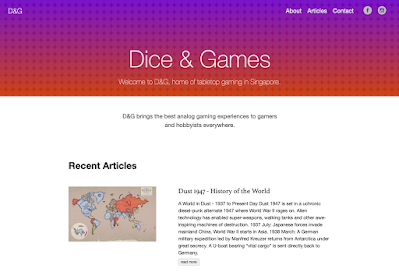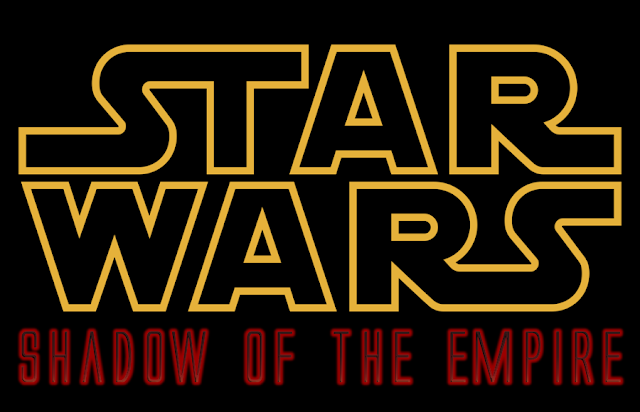Clash of Cultures: First Play
Clash of Cultures by Z-man Games flew under my radar for a couple years, despite the fact that I like Civ-like games. I got to play two games (with the expansion) recently and here some thoughts.
 Clash of Cultures casts up to four players in the role of different civilisations from their humble beginnings to about what might be termed their zenith of their development in the bronze/iron age, loosely speaking. To win, players must score victory points. You can gained this as advances in technology, economics, culture and politics. You also gain victory points for building cities (the larger the better), claiming objectives (more on this later) and building wonders of the world.
Clash of Cultures casts up to four players in the role of different civilisations from their humble beginnings to about what might be termed their zenith of their development in the bronze/iron age, loosely speaking. To win, players must score victory points. You can gained this as advances in technology, economics, culture and politics. You also gain victory points for building cities (the larger the better), claiming objectives (more on this later) and building wonders of the world.The rules are relatively well-written and easy to follow, and apart from a few quibbles over meaning of certain text, we were up and running in 15 minutes, with occasional reference to the rules. You manage your advances via a very nice board with square pegs for wooden cubes. The miniatures are functional, and the civic buildings are made to fit together in a nice well. The card board tokens are nicely illustrated and relatively clear. I would preferred different shapes for the resources but that is a minor quibble.
 What I like about the game is how during each turn, a player is almost always weighing up what he should do in the three actions he has. Certain course of actions are dependent on others happening first. Attempting to concentrate on advancing in one area often mean delaying other areas. Should you go for short term gains or bide for potentially greater returns in later turns or rounds? What you should do gets less and less straightfoward as you move towards the end game.
What I like about the game is how during each turn, a player is almost always weighing up what he should do in the three actions he has. Certain course of actions are dependent on others happening first. Attempting to concentrate on advancing in one area often mean delaying other areas. Should you go for short term gains or bide for potentially greater returns in later turns or rounds? What you should do gets less and less straightfoward as you move towards the end game.There might be concerns from some players that each player simply does his or her own thing, and interaction with the other players are minimised. A couple of things prevents this. First, the amount of land, which is laid out in hexes and only revealed when you move onto a piece, is limited and sooner than you think, civilisations are on each others borders. Each city can only gather so much resources as it grows, growing colonies are important.

Civilisations can also influence each other culturally. When this happens (initiated as an action from the player), a city piece might change allegiance and score points for the player whose influence it is under. War may be the only solution, especially when it is one way to claim objectives. Some civilisations are going to be good at this so watch out for it.
In the previously mentioned status phase, players receive a new objective card (you start with one). Each objective card has two ways of scoring it; one is usually via military action, the other via less violent means. Scoring objectives are important to win the game.
 When a player's army moves into a hex occupied by another player's units, combat happens. Combat resolution is straightforward, made a little interesting by a few factors like what is on the table and what action cards you might play. There are barbarian forces on the table and they can make life interesting and perhaps even beneficial.
When a player's army moves into a hex occupied by another player's units, combat happens. Combat resolution is straightforward, made a little interesting by a few factors like what is on the table and what action cards you might play. There are barbarian forces on the table and they can make life interesting and perhaps even beneficial.I like this game. in terms of feel it is most like Small World or Vinci. As a civ-game, I prefer the grandeur and scope of Seven Ages. But this is one game you can come to satisfying finish in three to four hours. In the two games we played, there wasn't much player interaction, and I felt it is a pity. I am not sure if it was simply the way we played or how the board was setup or even the civilisations we chose.
In the end it is an enjoyable, relatively easy to learn, and playable in a single evening. I look forward to trying it again.





Comments
Post a Comment